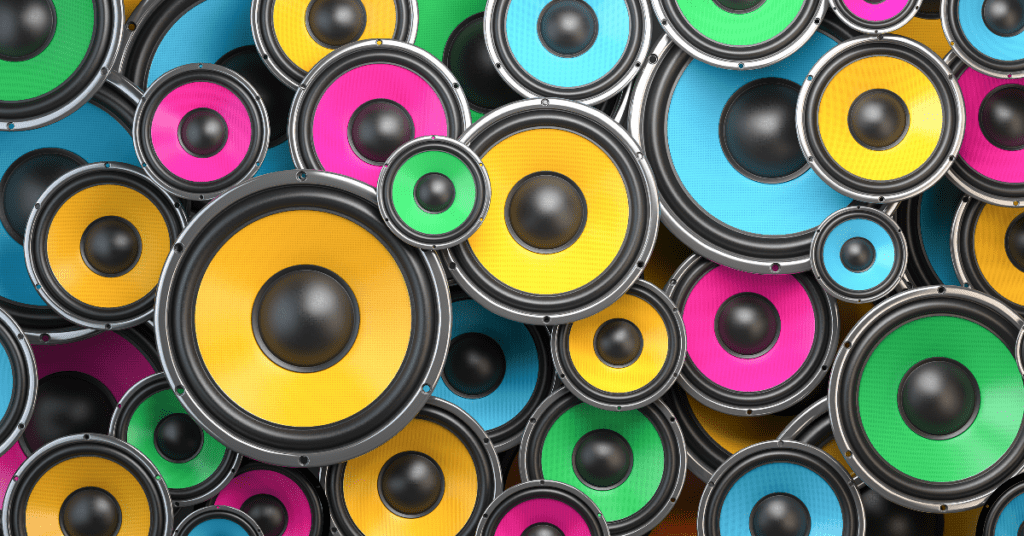
Tinnitus
Tinnitus creates a ringing, buzzing, humming, hissing, or roaring sound that an individual hears when no external sound is present.
Signs of tinnitus
- Ringing, buzzing, humming, hissing, roaring, or musical sounds that a person perceives. This can be present when no external sound, however, there are cases in which internal sounds such as a change in blood flow are interpreted as a sign of tinnitus.
- There is a strong relationship between tinnitus and hearing loss.
- Tinnitus can be disturbing and upsetting, leading many patients from specialist to specialist in an often-disappointing search for help.
- About 78% of individuals seeking medical attention are told “There’s nothing that can be done to help. You’ll just have to learn to live with it.”
- Approximately 20% of patients with hearing loss complain of tinnitus and about 90% of patients with severe tinnitus have hearing loss.
- There is a strong connection between tinnitus and depression when symptoms are severe.
Hearing aids
According to a survey of 230 hearing care professionals, 60% of their patients found that using hearing aids significantly reduced their tinnitus. Less than 2% reported that hearing aids made their tinnitus worse. Unfortunately, many individuals dealing with hearing loss and tinnitus do not seek help because they mistakenly believe their tinnitus prevents the successful use of hearing aids.
-
Noise-Cancelling Earphones: Benefits vs. Downsides
Noise-Cancelling Earphones: Benefits vs. Downsides. They are beneficial but need to be could used with caution as they can create long term issues, especially during critical brain development periods.
-
Protect Your Hearing Health During Menopause
Menopause is a natural stage of aging in women. It’s often linked to changes like hot flashes, mood swings, and sleep disruptions. Interestingly, one lesser-known issue linked to menopause is hearing loss.
-
Vertigo and hearing loss
Have you ever felt the room spinning after standing up too fast or experienced a dizzy spell out of nowhere? For some, these moments of vertigo are more than a fleeting nuisance—they’re a persistent and disorienting reality. But what if I told you that your hearing could play a role in this dizzying experience? Yes,…




